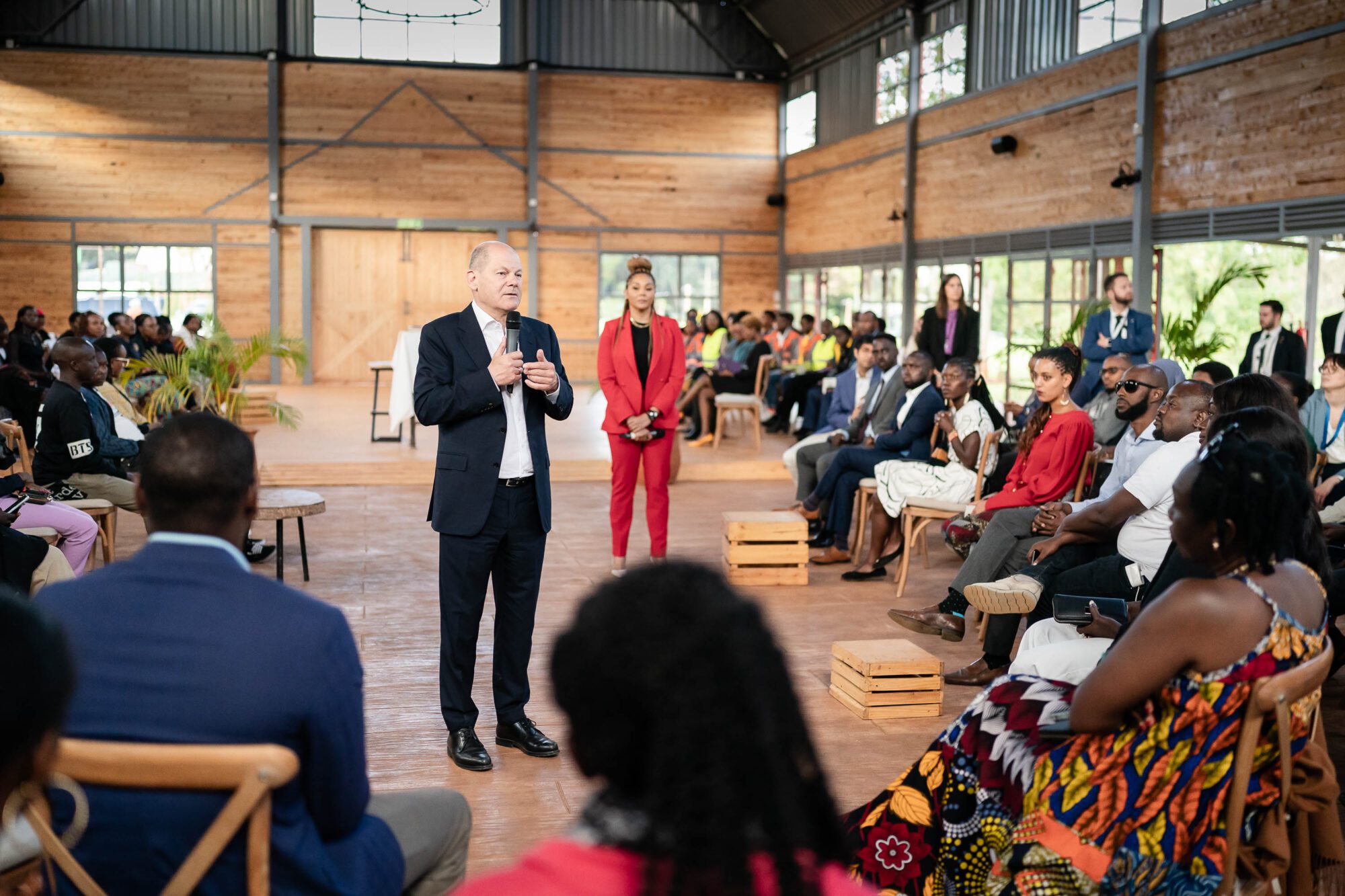
Chancellor Olaf Scholz, during an official state visit to Africa this week, broached the possibility of allowing a quarter of a million Kenyans to come to Germany to work in certain sectors faced with labour shortages.
Germany is seeking to plug a domestic worker shortage, resulting from its falling birth rate, with what authorities describe as high-skilled labour from Africa, while the German Parliament this week debates the regularisation of illegal immigrants.
The German leader was touring Kenya to discuss strengthening economic ties between Germany and the East African nation. Scholz expressed his wish to negotiate a bilateral deal to fast-track Kenyan migration at a press conference with Kenyan President William Ruto in Nairobi.
Under the terms of the planned partnership, the German government would reduce barriers for Kenyans to work and study in Germany with additional investments promised for the Kenyan educational sector. Germany also agreed to provide support for the teaching of the German language in Kenyan schools. The Kenyan government also asked Berlin to lobby for a potential EU-Kenya free trade agreement.
The announcement follows a previous visit to Ghana by the German Labour Minister Hubertus Heil in February to promote visa liberalisation. Some economists, however, have warned that German overreliance on migration is not viable in the long term. Scholz’s promotion of immigration from Kenya was criticised by the economist Dr. Markus Krall for incentivising a “brain drain” from the developing world.
Previously a major Chinese ally, Kenya is increasingly Europe’s preferred strategic partner in the region. This growing relationship has been underscored by Scholz’s promise to provide financial aid to Kenya’s geothermal energy sector.
President Ruto has pivoted his country closer to the West under the banner of climate action, with the Kenyan government benefiting from an EU financial package to assist in the electrification of the nation’s bus fleet.
Scholz congratulated Kenya for being a “climate champion” in his remarks to the press with climate action being an essential component of Germany’s outreach to the Global South. Unusual for an African nation, Kenya, under President Ruto, has embraced the Western-led green transition and has used it as leverage in bilateral deals with Europe over trade and investment.
European nations are currently experiencing a geopolitical crisis in Africa caused by the collapse of Western influence with outreach to Kenya seen as a way of bolstering the EU’s presence in East Africa. Newly elected President Ruto is attempting to reduce Chinese influence on the Kenyan economy. This potential immigration deal with Germany forms part of a wider pro-Western foreign policy by his administration.
Before his state visit to Kenya, Scholz also travelled to Ethiopia where the conclusion of an armed insurgency in the northern Tigray region and the recent turmoil in Sudan dominated talks. Positive relations with Kenya are an important aspect in a geopolitical struggle to control the Horn of Africa, with the region regarded as a vital choke point for control of the flow of energy and resources.
Against this background immigration and visas are just another bargaining chip for Western leaders to use in its combat against a perceived declining influence in the Global South and conflicts with populist sentiment at home.
